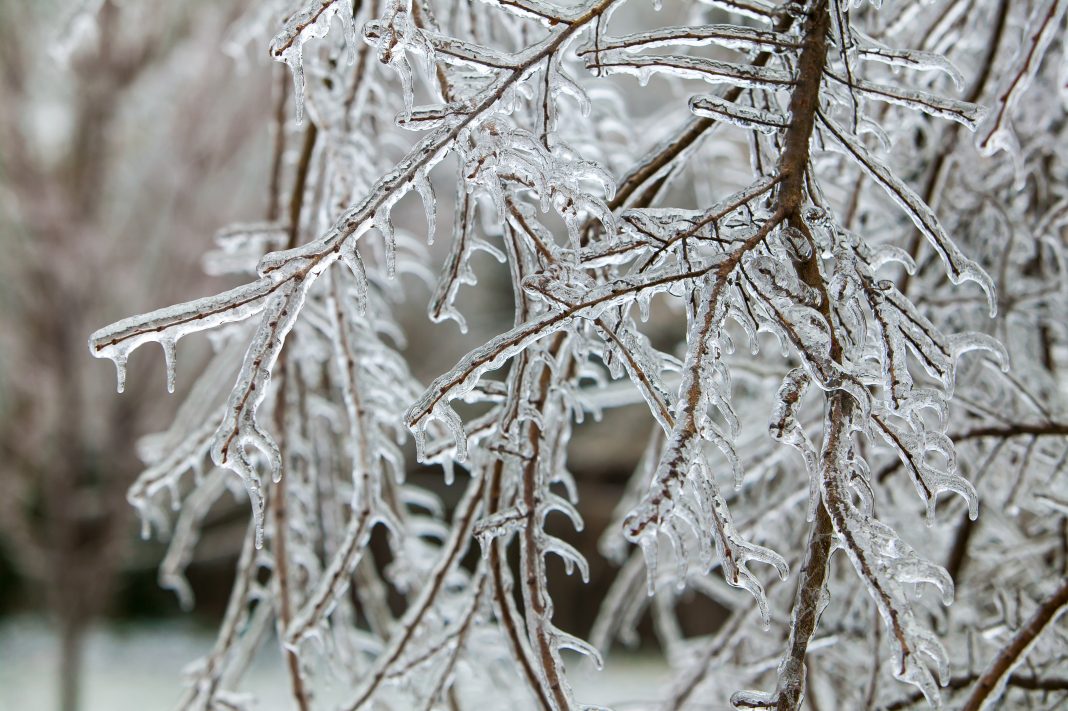The forecast is calling for some potentially heavy snow and ice this weekend, but that doesn’t mean we have to panic. With the right amount of preparation beforehand, you can relax inside worry-free when the weather outside is frightful.
1. Gather Supplies
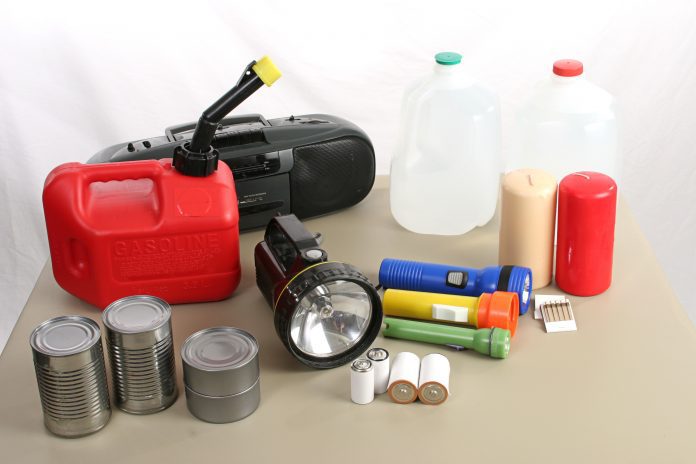
It’s important to avoid venturing outdoors during a winter storm, so be sure to stock up on necessities beforehand. It is recommended to have a seven-day supply of life-essential supplies – though with luck, this storm shouldn’t last that long! Nonperishable foods, medicine, batteries, toiletries and gasoline should top your list. Don’t forget about your pets’ needs, too.
2. Stay Informed
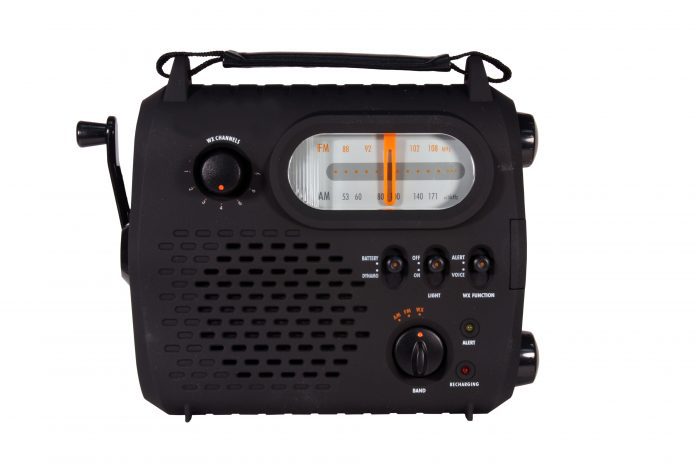
Keeping up-to-date on the status of the storm can help you prepare for any changes in the weather, so make sure you’ve got a wireless radio on hand. It needs to be either hand-crank or battery powered, in case the electricity goes out.
3. Charge Up
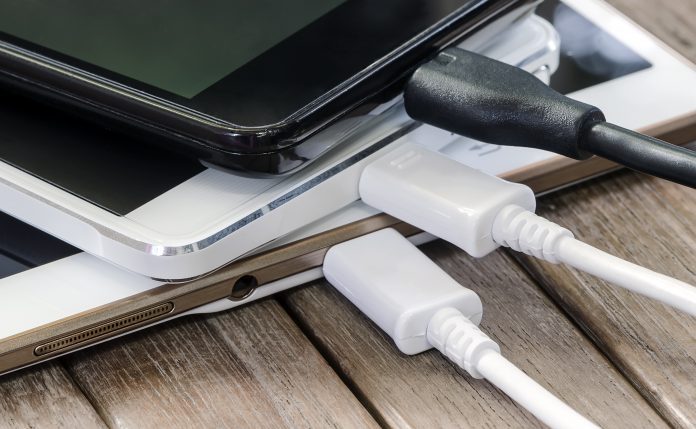
Losing power is a very real possibility, so make sure any devices you want to use – cell phones, tablets, laptops, portable gaming devices or e-readers – are all topped off. Being stuck indoors for a few days can get boring fast without them!
4. Let Faucets Drip

Another danger when the temperature dips this low is water pipes freezing and potentially bursting. Avoid this by turning on sinks, tubs and outdoor faucets just a tiny bit, letting them drip. Ideally, turn on a faucet on the opposite side of your home from where the water enters; that way water keeps flowing through all of the pipes. And even if your pipes do freeze, be sure to leave those faucets running. When they thaw, this will relieve pressure on the pipe and the running water will help thaw the ice quicker.
5. Check Your Detectors
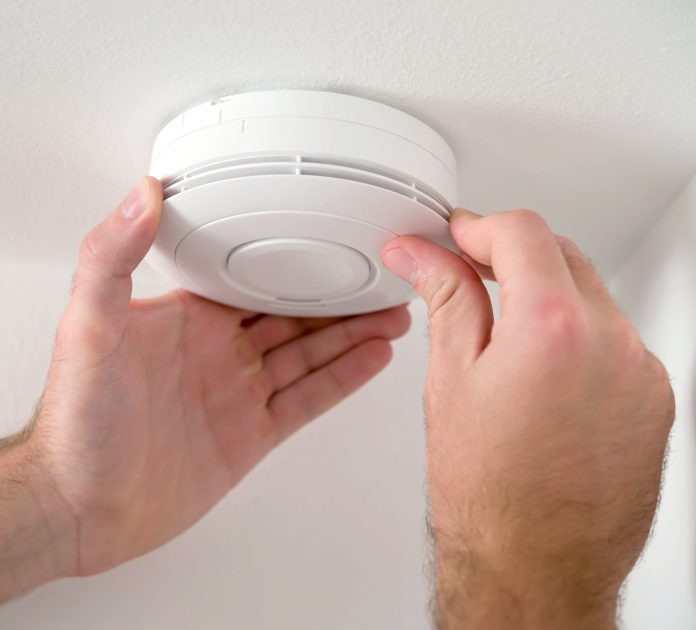
It can be hard to remember to do this regularly, but right before a storm like this is the perfect time to check up on your smoke and carbon monoxide detectors. A faulty gas-powered heater could potentially cause a carbon monoxide leak, so make sure your detectors are ready.
6. Find Your Lights
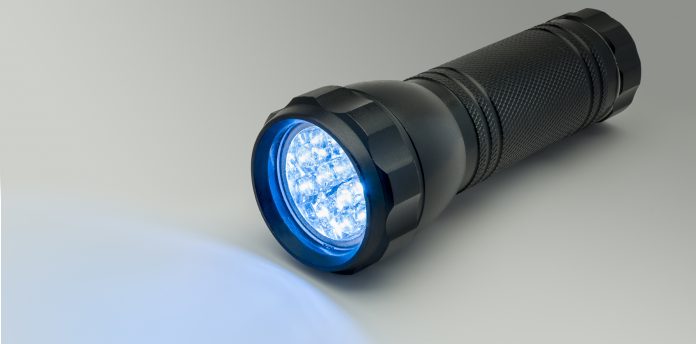
If the power goes out, fumbling around in the dark for a flashlight could be dangerous. Save yourself some trouble by setting your lights somewhere memorable and easy to access. Candles can also be a good source for light (and ambience) when the power’s out, but never leave an open flame unsupervised!
7. Prep Your Car
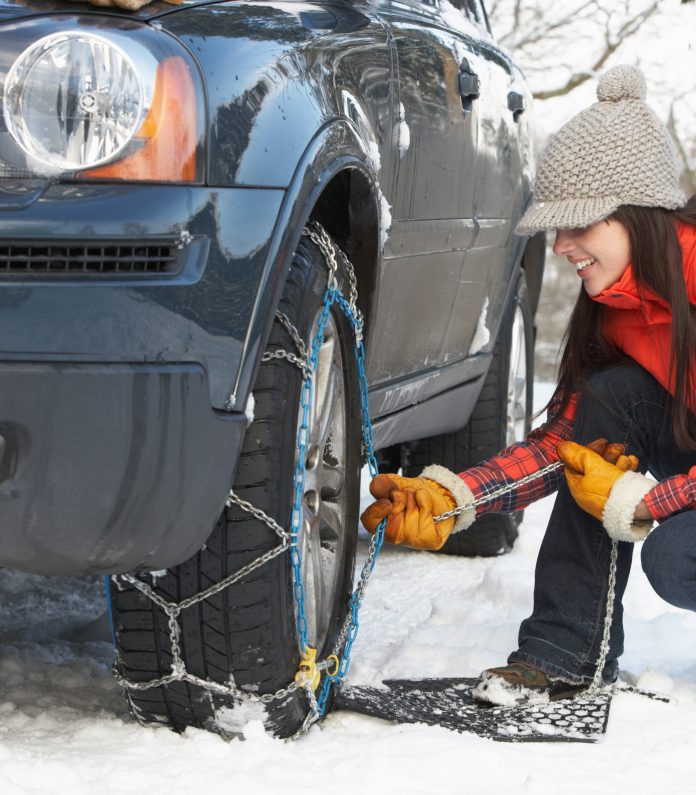
If you absolutely must leave the house during a storm, make sure you’re ready. Top off your tank and prepare an emergency car kit: jumper cables, an ice scraper, sand, water bottles, a flashlight, warm clothes/blankets and nonperishable snacks. And remember, it’s better to arrive late than not at all.
8. Be Careful Outside
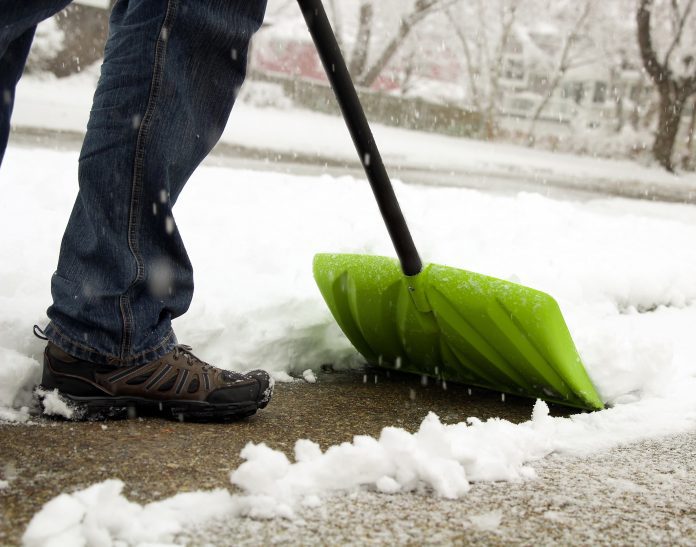
There may be times when you’ll need to step outside, so be safe when you do. Make sure you have a snow shovel and salt or sand for your walkway. Layer your clothing, and make sure not to overexert yourself shoveling snow. If you start to feel numb, exhausted, drowsy, shaky or confused, that means it’s time to go inside and warm up, NOW.
9. What NOT to Do
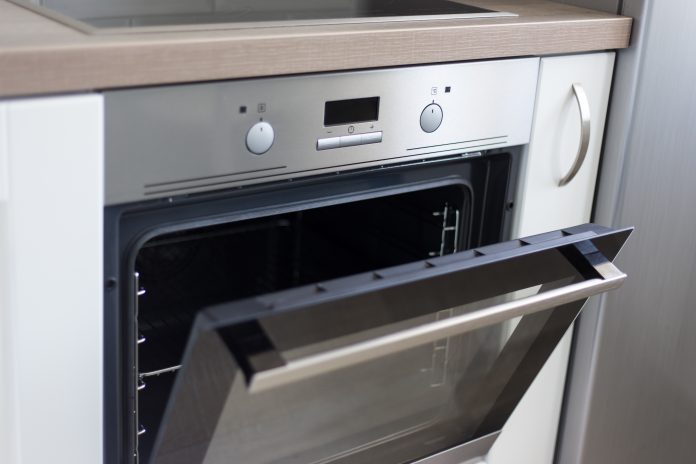
Some things seem like they will help, but could wind up putting you in more danger. Never use a gas-powered stove or oven to heat your home. Never leave open flames unattended. Never run a grill or a generator indoors. If you are suffering from frostbite, do not massage the area or use a heating pad; instead, soak the area in warm water.






















